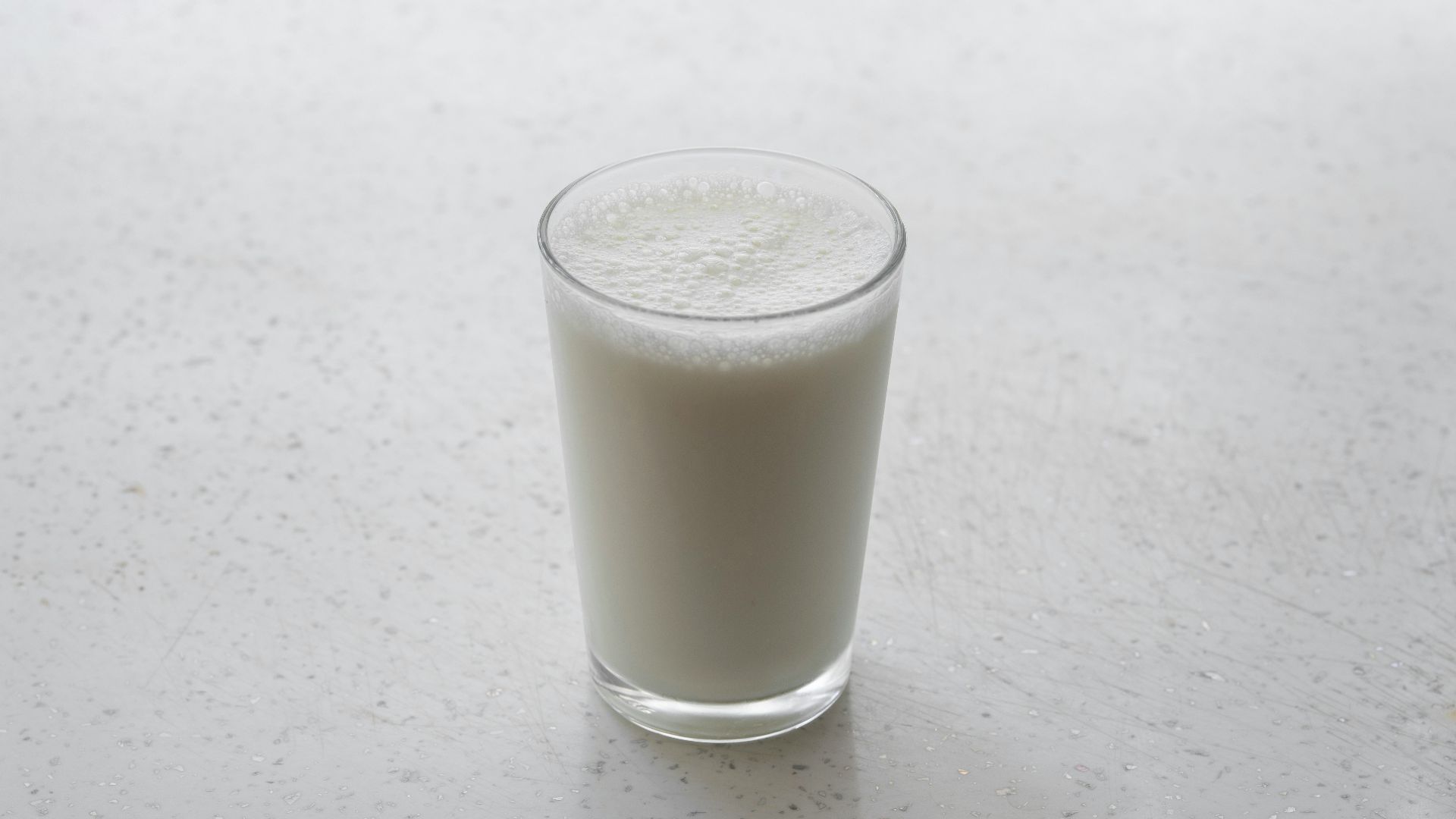10 Eating Habits That Ruin Your Metabolism & 10 That Speed It Up
Are You Sabotaging Your Metabolism?
We tend to associate a quick metabolism with thinness, but this process isn't just about burning calories; it's essential for all bodily functions from breathing to digestion. While some eating habits can keep that system running smoothly and speedily, others inhibit it and slow it right down. Here are 10 eating habits that quietly ruin your metabolism, and 10 that speed it up.
1. Eating At Irregular Times
Eating at inconsistent times can cause the body to store more fat. In addition to weight gain, it can also disrupt your circadian rhythm and hurt your mental health.
2. Eating Late At Night
When you eat late at night, it makes it harder for your body to burn fat, negatively affecting your metabolism. It can also lead to high blood sugar levels and disrupted sleep.
3. Not Eating Enough Fiber
Fiber plays a role in keeping your gut microbiome healthy, which affects your metabolism. It also keeps your digestion efficient and improves your blood sugar control.
4. Drinking Too Much Alcohol
Alcohol slows down the body's ability to burn fat, carbs, and protein because the liver focuses on burning through the alcohol instead. Excessive alcohol consumption can also damage organs, further disrupting metabolism.
5. Not Consuming Enough Calcium
Calcium plays a crucial role in the functioning of metabolic organs like the liver and pancreas. High calcium intake has been linked to greater fat breakdown.
6. Not Getting Enough Protein
Protein helps speed up metabolism because it requires more calories to digest than other macronutrients. High protein intake also enhances muscle mass, which plays a role in raising your metabolic rate.
7. Eating Too Much Sugar & Refined Carbs
Sugar and refined carbs can have a detrimental effect on your metabolism because of how they are digested. Stripped of fiber and other nutrients, they are rapidly converted into glucose, contributing to weight gain and blood sugar spikes.
8. Not Eating Enough Healthy Fats
Healthy fats support your metabolism by providing a sustained source of energy. They also support your cells, regulate hormones, and play a crucial role in the absorption of vitamins and nutrients.
9. Not Drinking Enough Water
Water plays a crucial role in moving nutrients and waste through the body. It's the medium in which metabolic processes take place, and even mild dehydration can slow down your metabolism.
10. Eating Too Little
It may seem counterintuitive, but when you restrict calories too much, your body slows down its metabolism to conserve energy. It may start to break down muscle tissue and carbohydrates instead of fat, which further reduces the number of calories you burn.
Now that we've covered the eating habits that can slow down your metabolism, let's talk about how to boost it.
1. Consuming Whole Foods
Your body uses more energy digesting whole foods compared to processed ones. The high nutrient and fiber content also leaves you feeling fuller longer, which can lead to weight loss.
2. Eating Ginger
Ginger provides an excellent boost for your metabolism because it contains compounds that stimulate digestive enzymes. It also helps regulate your appetite and increases fat metabolism.
3. Eating Spicy Foods
Spicy foods increase your body heat, which leads to more calories being burned. They also increase your feeling of satiety and enhance fat burning.
4. Drinking Coffee
Caffeine in coffee triggers the release of fat-burning hormones and speeds up your metabolic rate. It also contains compounds that help improve blood sugar control.
5. Start Your Day with Breakfast
Eating a balanced breakfast helps replenish your energy stores and regulate your blood sugar levels. It kick-starts your metabolic processes for the day and reduces your chances of overeating later.
6. Stay Hydrated
Water is one of the most important factors for metabolism. Being properly hydrated allows your body to efficiently break down calories and remove waste.
7. Fuel After Exercise
Exercise increases your metabolic window. Eating carbs and protein in the period after your workout helps replenish your stores and keeps your metabolism elevated.
8. Eat Iron-Rich Foods
Iron is essential for transporting oxygen and producing energy in the cells, which allows your body to burn calories efficiently. It also supports a healthy thyroid, which regulates your body's energy-burning capabilities.
9. Get Enough Vitamin D
Vitamin D plays a key role in regulating hormones and maintaining muscle mass, which are both essential for calorie burning. It also helps your body use energy more effectively.
10. Eat Mindfully
Mindful eating aids metabolism by promoting digestion and allowing your body to process food more efficiently. People who eat mindfully tend to avoid overeating and maintain a healthier metabolic rhythm throughout the day.
KEEP ON READING

Happy Hour: The 20 Best Foods For Social Snacking



























